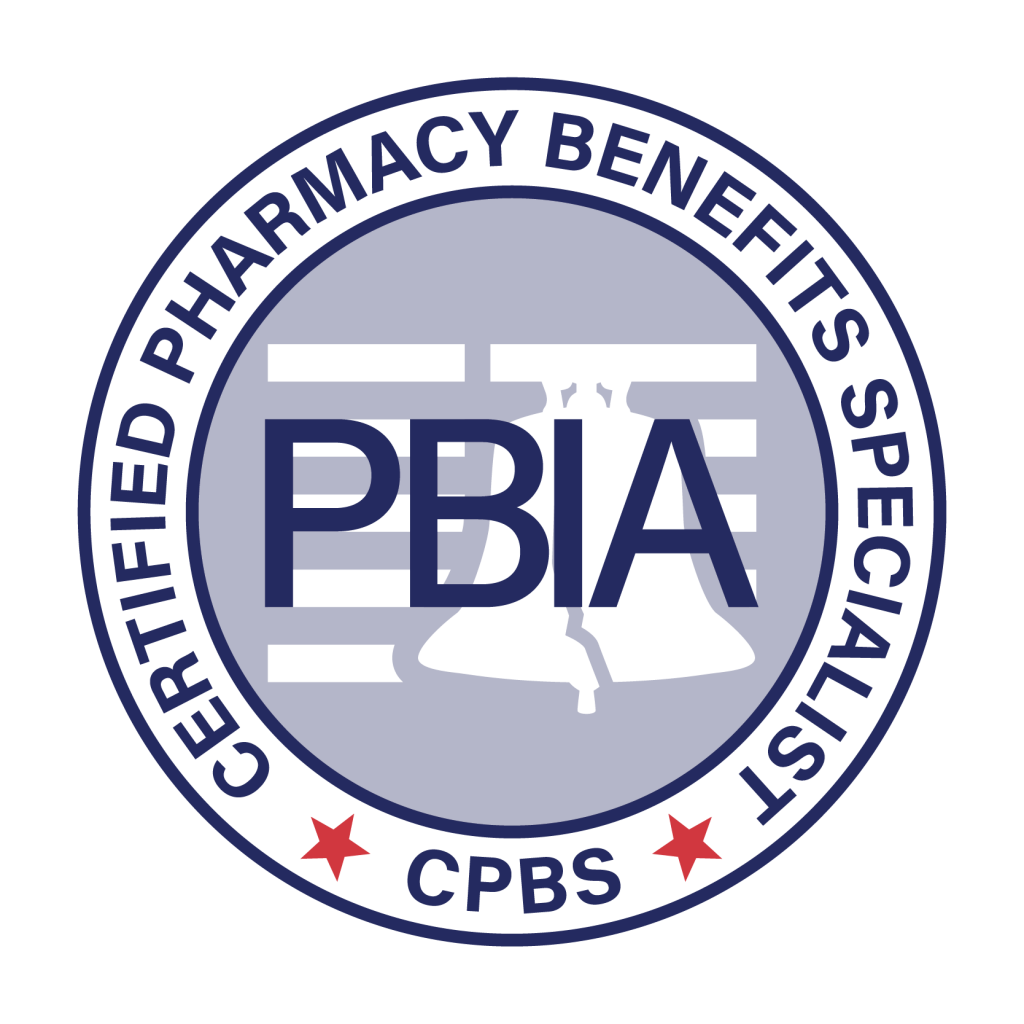Consolidated Appropriations Act shifts more responsibility to employers next year and other notes from around the interweb:
- Centene gives politicians millions as it courts contracts and settles overbilling allegations. On Nov. 2, 2021, Nevada Gov. Steve Sisolak’s reelection campaign received ten separate $10,000 contributions from unrelated health insurance plans from across the country. The Buckeye Community Health Plan of Ohio, Louisiana Healthcare Connections, and Peach State Health Plan of Georgia were among the companies that sent money to the Democrat, according to state campaign finance records, even though only one, SilverSummit Healthplan, provided insurance in the Silver State. But a thread connects the companies: Each is a subsidiary of Centene Corp., ranked 26th on the Fortune 500 list, and the nation’s largest private managed-care provider for Medicaid, the government insurance program for people with low incomes or disabilities. Centene had already sealed Medicaid deals in Nevada through its SilverSummit subsidiary — yet a potential new line of business was on the horizon. Sisolak, who is up for reelection Nov. 8, had just approved a new public health plan option that would later open to bidding from contractors such as SilverSummit. And then, less than two months after Centene’s subsidiary contributions were made, Nevada settled with the company over allegations the insurer overbilled the state’s Medicaid pharmacy program. The state attorney general’s office did not announce the $11.3 million settlement but disclosed it in response to a public records request from KHN.
- 4 questions to ask before signing your next PBM service agreement. The very idea of managing pharmacy benefits might make you nauseous. That’s because drug prices are skyrocketing, creating significant challenges for your company’s bottom line. You may think that your pharmacy benefit manager (or PBM) – who is responsible for handling contractual relationships between drug manufacturers, health insurance providers, pharmacies, and patients – would negotiate the best possible deals for everyone involved. Unfortunately, recent reports from the PBM Accountability Project show otherwise: PBMs often misuse their immense power by adding secret streams of revenue for themselves. The Federal Trade Commission (FTC) has noted this trend too and announced plans in 2022 to investigate the inner workings of PBMs. But some states are taking it upon themselves to crack down on PBM business dealings, too. For example, Florida and Iowa joined Michigan in passing legislation in 2022 that regulates certain PBM practices – while Ohio’s Medicaid department is also conducting audits.
- Is prescription copay assistance contributing to rising drug prices? Why buyers should beware. Drug manufacturers say they offer coupon programs to help patients offset the rising out-of-pocket cost of prescriptions due to health insurance plan design changes. “Every day there are patients who show up at the pharmacy and find their commercial insurance won’t cover the cost of their medicine,” said Brian Newell, spokesman for the drugmaker trade group Pharmaceutical Research and Manufacturers of America. “To help fill these gaps in insurance coverage, biopharmaceutical companies offer coupons and other forms of patient assistance.” Pharmacy benefit managers say drugmakers only offer coupons to entice people to take more expensive brand-name drugs. When these programs started, they were really mostly for uninsured people, said Robert Popovian, chief science officer of the Global Healthy Living Foundation, which advocates for patients with arthritis and other chronic illnesses. But the need for drug copay assistance among the insured has grown as health plans have shifted more of the cost burden onto patients via high deductible health plans, said Kollet Koulianos, vice president of payer relations at the National Hemophilia Foundation.
- Self-funded plans ignore the Consolidated Appropriations Act at their peril. The CAA places a range of new fiduciary responsibilities on individuals who manage health plans and on select employer-sponsored health care providers. These regulations aren’t just for plan fiduciaries, but also for trustees and other payers that provide health benefits, including pharmacy benefits. CAA provides plan sponsors with a framework to better evaluate and manage health plan spend and gain greater visibility into compensation arrangements between brokers and providers. That’s the good news. However, it also creates an element of risk because organizations must comply. Plan sponsors must familiarize themselves with the costs of health care, with how their broker or consultant partners are paid, and they must be able to disclose this information to the Department of Labor and Health and Human Services. Those who eschew this responsibility and fail to develop a defensible process or run afoul of CAA regulations could face fines and significant liability in the form of legal action from employees.
